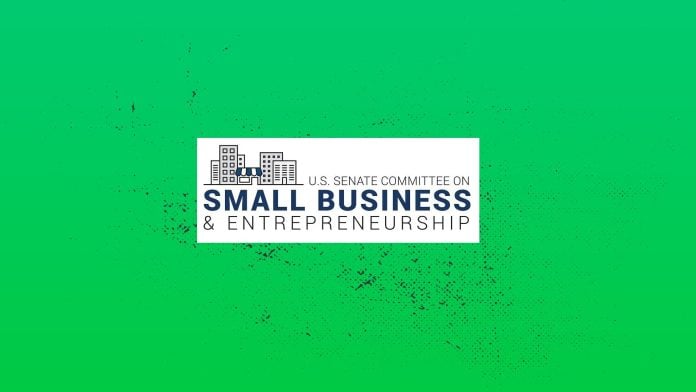On November 21, a letter from Ranking Member Edward J. Markey (D-Mass.) drew attention to an essential yet often overlooked issue: the development of an equitable tariff refund process that favors small businesses. The letter, addressed to prominent officials including Small Business Administration Administrator Kelly Loeffler and Secretary of Commerce Howard Lutnick, urges the establishment of guidelines aimed at alleviating the financial burden on small importers facing tariffs imposed by the Trump administration.
Recent Supreme Court proceedings have raised questions regarding the legality of these tariffs imposed under the International Emergency Economic Powers Act (IEEPA). If the Court rules against the tariffs, small businesses could be due refunds amounting to over $30 billion. Markey emphasized the dire situation small businesses are in, stating, “This isn’t about politics, it’s about survival.” For many small businesses, particularly those involved in the ongoing litigation against these tariffs, the stakes are high.
As tariffs have increasingly threatened their existence, small businesses find themselves at a crossroads. The challenges posed by hefty tariffs have not only strained their finances but also complicated supply chains. In light of this, a well-structured refund process could serve as a lifeline for many. But how effectively can such a process be implemented, and what practicalities might small business owners need to consider?
Key takeaways from Markey’s letter detail essential questions that the Administration must address by November 29, 2025. These inquiries include whether a refund plan is in place, how the process will be designed to ensure accessibility for small businesses, and strategies to prevent larger corporations from unfairly benefiting from any refunds.
“Small businesses don’t have Mar-a-Lago memberships or golden gifts granting them special access to tariff exemptions,” Markey stated. Instead, their only remedy lies in achieving justice through the federal courts. This perspective underscores the urgent need for a clear and fair process that can allow small businesses to reclaim funds tied up in tariffs.
The implications for small business owners are profound. With many small enterprises already grappling with the economic challenges of the pandemic and other burdens, potential tariff refunds could provide significant relief. It also raises questions about how these businesses can best prepare for the upcoming changes. Establishing effective communication channels will be critical. Markey’s inquiry about efforts to inform small businesses about refund processes highlights an area where many small firms may require additional support.
However, small business owners should also remain vigilant about the potential complexities surrounding the refund process. Issues related to understanding eligibility requirements, navigating paperwork, and managing the anticipated surge in refund requests can pose challenges. Business owners will need to invest time and resources to ensure they can benefit from any forthcoming relief measures.
Markey’s commitment to aiding small businesses is evident in his prior initiatives, such as the Small Business RELIEF Act, which proposed exempting small businesses from certain tariffs and mandated refunds for those impacted. While the efforts have faced obstacles in Congress, the recent letter marks a renewed push for tangible relief.
As small business owners look to the future, understanding the nuances of this evolving situation will be paramount. Staying informed about legislative developments and maintaining engagement with local business organizations can provide valuable resources. Moreover, advocating for equitable treatment in tariff refund processes will be crucial for securing not just short-term relief but long-term sustainability.
In a landscape where small businesses are often at the mercy of broader economic policies, a coherent and responsive tariff refund plan could ultimately make a significant difference. The forthcoming responses from the Administration may shape the path forward.
For more details about Markey’s letter and its implications, visit the original press release here.
Image Via BizSugar



